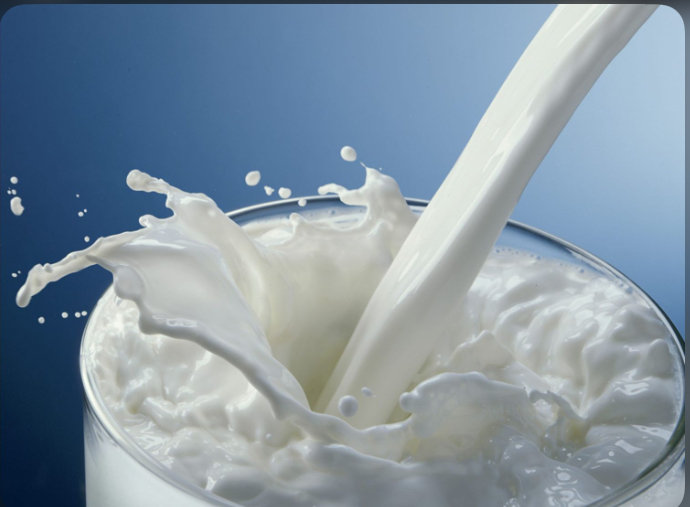Data from the National Bureau of Statistics (NBS) has shown that at least N72.9 billion on importation of milk in 2022.
The report titled: “Foreign Trade Statistics”, disclosed that N27.6 billion worth of the commodity was imported in the first quarter of the year, followed by N21.3 billion in the second quarter and N23.9 billion in the third quarter, while the data for the fourth quarter was not available as the product did not make it into the top five imported raw material products.
The report added that the commodity termed, “Milk preparations containing vegetable fats/oils, powdered/granular, packings greater than 25kg” was mostly imported from the Republic of Ireland (N44.7 billion), Malaysia (N15.8 billion) and Germany (N5.6 billion).
The federal government had previously made its intention known to increase the 672 million litres of milk produced in the country annually which falls short of the 1.6 billion litres consumed, translating to about a 60 per cent shortfall.
To implement this, the government through the Central Bank of Nigeria (CBN) restricted access to foreign exchange (forex) for importers of milk products in order to develop the sector.
However, the Commercial Dairy Ranchers Association of Nigeria (CODARAN) said the policy introduced by the government is not achieving the desired goals.
Dianabasi Akpainyang, the Executive Director of CODARAN, in a statement to mark the 2023 World Milk Day, stated that the sector is still facing a myriad of challenges.
Akpainyang explained that Nigeria largely ddepends on imported milk, as the nation imports about 70 per cent of its milk needs.
“The most crippling challenges in the dairy sector are found in the midstream sub-sector of the dairy value chain.
“Lack of organised milk collection schemes, high cost of milk collection and cold chain facilities, poor transportation infrastructure, unstable or non-existent electricity supply, pervasive insecurity and low access to finance are some of the challenges that affect smooth operations in the midstream aspect of the dairy sector”, he said.




Leave a reply